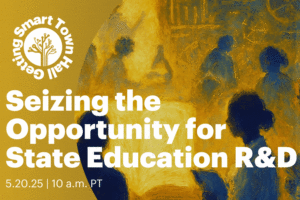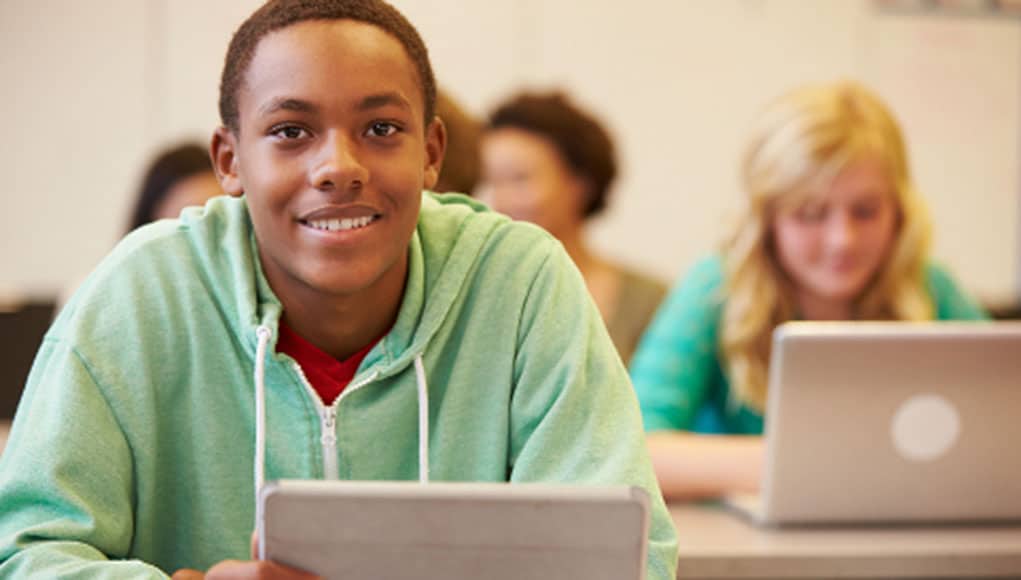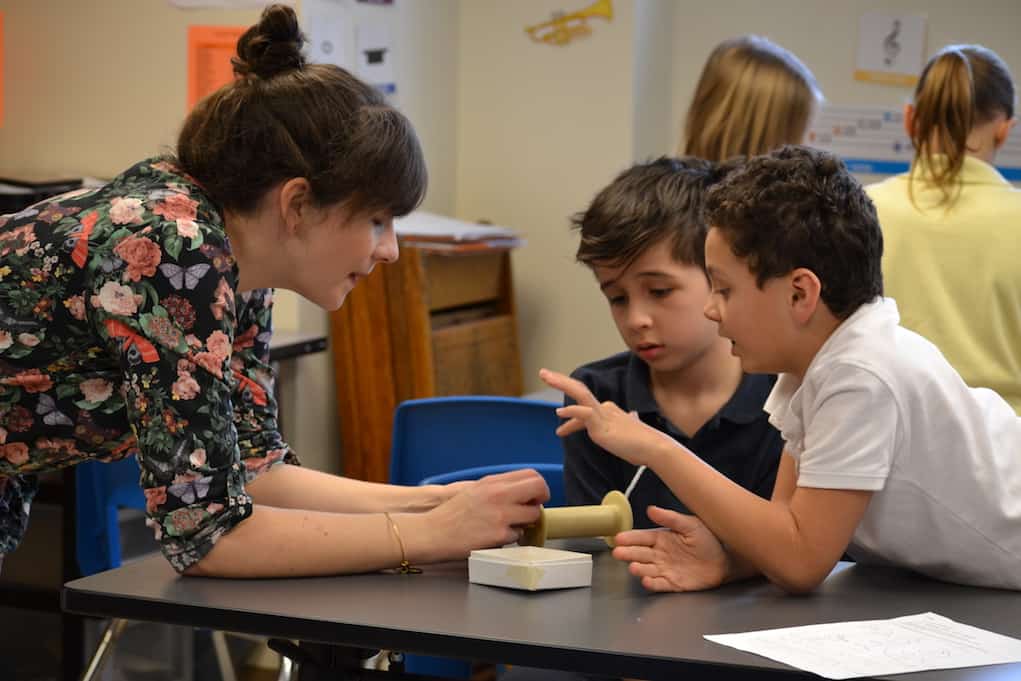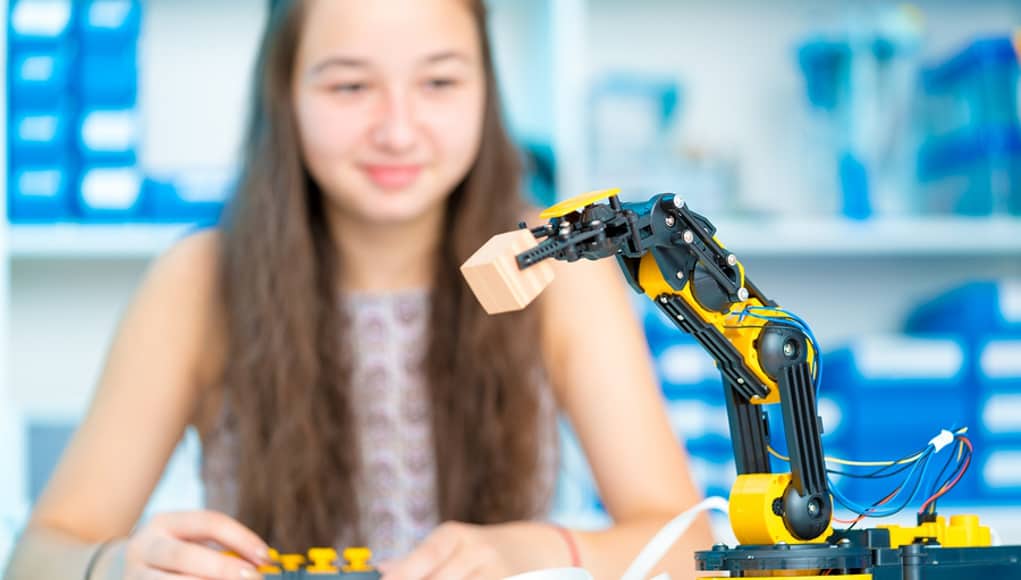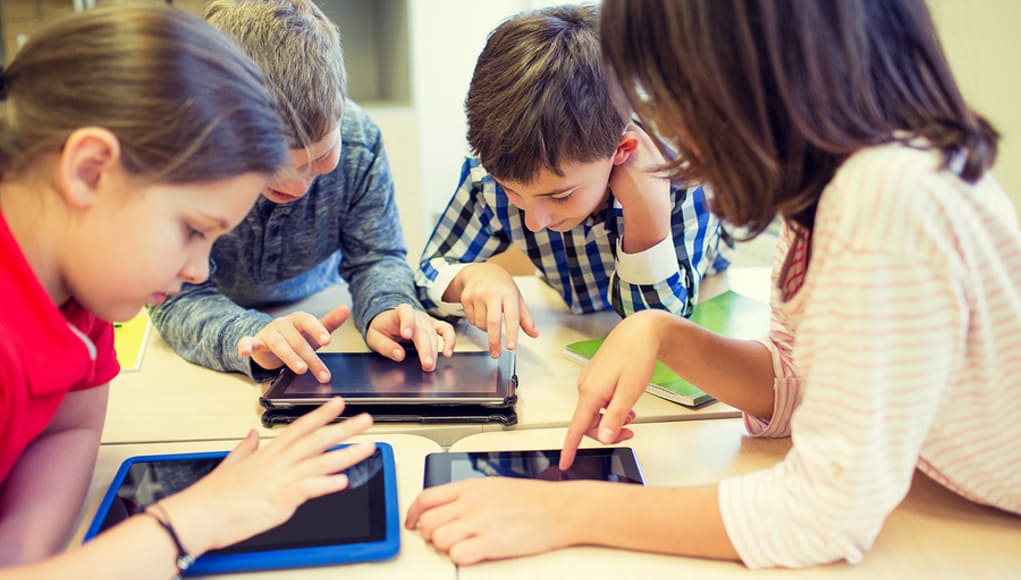Project-Based Learning
(PBL) is an instructional approach where traditional, direct classroom instruction and tests are replaced by authentic, often interdisciplinary projects, usually designed by the student with guidance from instructors/coaches, addressing real-world problems as the assessment instead of a test. It also is closely related to deeper learning, challenge-based learning, interest-based learning and more.
High Quality PBL Framework on the Horizon
By: Bob Lenz. I want to offer a peek into some of the thinking you can expect from the final framework, starting with one of the six criteria: project management.
BASIS: Inside the Acclaimed School Network Blending the World’s Best Education Practices
By: Kate Stringer. The BASIS network is moving toward creating what the network hopes will be a more empathetic student population ready to tackle global issues. Learn more about their approach here.
12 Digital Tools to Try in the Classroom
Rachelle Dene Poth had her own list of the tools that she found made a big difference in her classroom but decided to ask her students for their input. Here are the top 12 tools she and her students thought made the biggest difference.
Integrated Learning Propels Pittsburgh Students
Post 5 of our #RemakeLearning series explores how a group of schools with shared ideals, practices and tools are changing life trajectories for youth and inspiring a culture of possibility.
Balancing Choice, Collaboration and Community
As the facilitator of my student’s learning, I do need to retain ownership of some aspects of their learning. But if I am to truly create writers who write things that the world will want to read, I’ve got to open the world up to them.
Montour Schools: Home of the Evolving Educators
Post four of our 6-part #RemakeLearning series takes you on a virtual field trip to Montour School District, "home of the evolving educators."
Can Students Learn Entirely on their Own?
Students are capable of learning and organizing themselves completely on their own if they have the freedom to explore, are engaged in authentic and meaningful experiences, and have the chance to exhibit their work. Here's one example.
Transforming the Way Students See Themselves
By: Mari Jones. When students have the chance to do work that matters, and to present that work to people who matter to them, it makes students believe that they matter.
The Results Are In On Student Engagement
By: Sachi Takahashi-Rial. The difference between an engaging lesson and a tedious one can’t be measured by the results of a standardized test. If we want to start prioritizing engagement in schools, the first step is to hear from young people.
How Can We Bring Coding into Authentic PBL?
How can coding be integrated into authentic PBL? Perhaps more importantly, how can we develop a scalable solution accessible to all?


